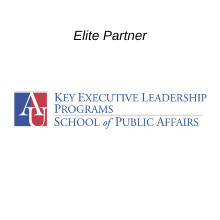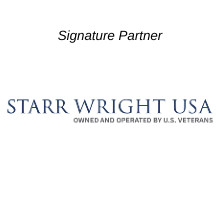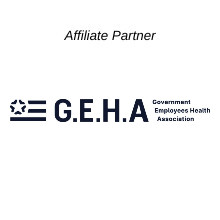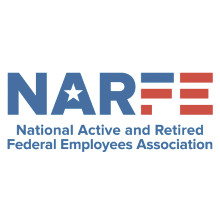|
SEA Letter to the Hill Opposing Dr. Chris Kirkpatrick Whistleblower Bill
Dear Representative:
No one can argue against the premise of providing greater whistleblower protections for Federal employees, fostering increased awareness of Federal whistleblower protections, and increasing accountability and required discipline for Federal supervisors who retaliate against whistleblowers. As key stakeholders who advocated for the passage of the Whistleblower Protection Act of 1989 and the Whistleblower Protection Enhancement Act of 2012, these concepts form the laudable basis for S. 585, the Dr. Chris Kirkpatrick Whistleblower Protection Act of 2017. The Senior Executives Association is on record supporting fair and meaningful accountability legislation and comprehensive civil service reform.
However, the manner of construction of provisions contained in S. 585, particularly Section 104, is problematic and I do not believe will ultimately achieve intended results if enacted into law. Congress must provide the necessary opportunity for debate and understanding of the complex issues addressed by this legislation, which I do not believe has occurred, therefore I urge members to vote no on S. 585. There are three reasons SEA makes this recommendation:
- Specific classes of Federal employees, in this case supervisory employees, are singled out for unique and disparate treatment under the law. The notion of different sets of rules for different groups of citizens is fundamentally un-American. Even worse, this class is being targeted based on anecdote, not supported by data or facts that should be but are not adequately collected or utilized by agencies such as MSPB, OSC, OPM, and GAO.
- Congress should be supporting the ability of Federal whistleblowers at all levels to safely report wrongdoing; however, this legislation, as with the recently passed into law Department of Veterans Affairs Accountability and Whistleblower Protection Act of 2017 (P.L. 115-41) creates a bifurcated system for addressing whistleblower allegations that creates significant opportunities for abuse and disincentivizes management and executive-level Federal employees, who often have purview into significant agency decisions including those made by political appointees, from blowing the whistle.
- Congress is singling out a single type of misconduct – whistleblower retaliation – while neglecting other prohibited personnel practices and other serious forms of misconduct including EEO reprisal, harassment, fraud, waste, misuse of GOV and a host of other issues. As with any employer, there are a few bad actors in the Federal workplace yet Congress is not taking a holistic approach to addressing accountability issues within the workforce.
- Section 104 inadequately addresses due process and constitutionality concerns that have been raised by several Federal employee groups including SEA. An amendment offered by Ranking Member Cummings at the Rules Committee to address these deficiencies was rejected.
- Congress should not knowingly pass legislation that contains unconstitutional provisions, as it did with the Veterans Access, Choice and Accountability Act of 2014 (P.L. 113-146), which subsequently had portions of the law invalidated by the Federal Court of Appeals (Helman v. DVA, May 9, 2017) as doing represents a blatant disregard for taxpayer resources and the rule of law.
For the reasons stated above, I encourage you to vote no on S. 585.
SEA welcomes a more robust conversation around accountability in the Federal workforce driven by principles of fairness, transparency, and the goal of improved outcomes for the American public. Thank you for your consideration of SEA’s perspective. Please have your staff contact SEA Executive Director Jason Briefel ([email protected]; 202-971-3300) for further information.
Sincerely,
Bill Valdez
President
Senior Executives Association
|












